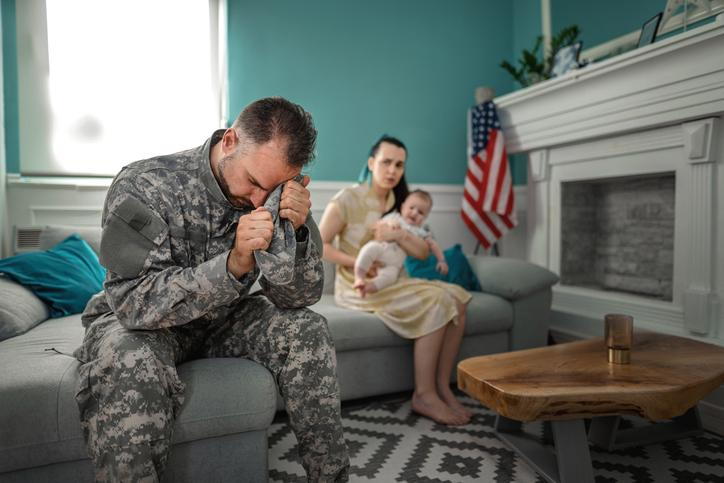
- posted: Oct. 25, 2022
Members of the military and their families commit to a life of uncertainty, often including moves around the country and the world to meet the needs of our nation. In recognition of the important contributions that both spouses make toward supporting a military career, federal law provides for special treatment of a service member’s healthcare and retirement benefits during the divorce process.
A spouse may be entitled to continue to receive benefits — such as retirement pay, Department of Defense military cards and Tricare health coverage — even if the service member is no longer affiliated with the military. Although divorce is governed by state law, the normal rules of property division are affected by the Uniformed Services Former Spouse Protection Act (USFSPA) as well as by regulations adopted under the law to ensure that eligible former military spouses can continue to receive benefits.
A regulation known as the 10/10 rule pertains to retirement pay and other benefits awarded as part of a court-ordered property settlement. If the spouses were married at least 10 years and one of them performed 10 years of military service, any benefits awarded to the other spouse are paid directly from the Defense Finance and Accounting Service (DFAS), which handles payroll and benefits for the military. This rule helps recipient spouses enforce court orders.
Another regulation is known as the 20/20/20 rule. A former spouse and service member must have been married for at least 20 years, the service member must have served at least 20 years of creditable service and at least 20 years of the marriage must have occurred while the service member was serving in the military. If these three conditions are met, the former military spouse should be eligible to receive benefits for the rest of their lifetime, as long as they do not remarry.
Former spouses who cannot meet the 20/20/20 rule may be eligible to continue to receive Tricare health coverage for a limited period of time. Under the 20/20/15 rule, if the former spouse and service member were married for at least 20 years and the service member served at least 20 years of creditable service, and the marriage and time of service overlapped for at least 15 years, the former spouse will be eligible for health coverage for a year after the marriage ends.
Continuing to receive military benefits after a divorce can be a significant source of support for a former military spouse. If you will likely qualify for such benefits following a divorce, speak with a military divorce attorney to confirm the options that are available to you.
At Harding, Harding & Harding Attorneys at Law in Virginia Beach, we frequently represent present or former members of the military as well as their spouses in divorce proceedings. For a free initial consultation, call our Chesapeake, Virginia office at 757-499-2600 or contact us online.
Contact Form
We will respond to your inquiry in a timely fashion. Thank you.
Virginia Beach: 757-499-2600
Chesapeake: 757-401-6804
Norfolk: 757-512-8393
Testimonials
"In every case Mr. Harding takes, he strives to provide his clients with the highest level of legal service. If you choose Darrell M. Harding Attorney At Law, PLC to represent you, you can expect to receive experienced legal guidance and be treated with the utmost courtesy and respect at all times."
Pamphlets
Below are some comprehensive pamphlets created by our firm that clients may find helpful.



